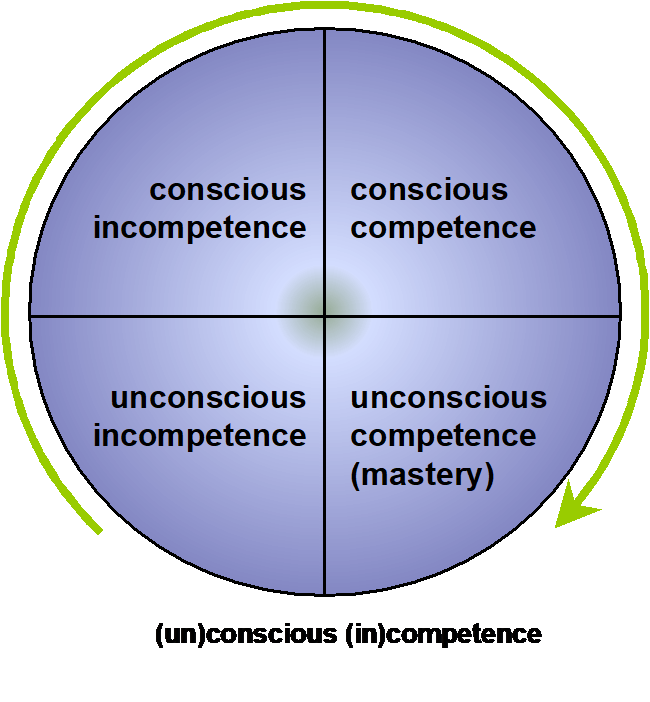How to Increase Executive Presence

How to Increase Executive Presence.
You feel it when you are in conversation with a person who is present. It is that feeling of being valued, of being heard, of your input being important. It feels good and you want more of it. Yet, very few folks are truly present to others. That is why it is so obvious when it occurs. We are busy people. Life is fast – both at home and in the workplace.
In 2018, Brian Underhill, CEO of CoachSource, shared about the Primary Purpose of Executive Coaching and not surprisingly the top 3 were: Leadership Development first with 84%; Transition second with 55%, and Executive Presence third with 45%. What interested me was that 45% of respondents said Executive Presence. This is the key in my opinion – being present while being busy.
Leaders and emerging leaders want to influence and inspire. They do this by relating and partnering. This is often called Executive Presence. But what does this really mean? Let’s break it down into something more tangible. Being present, ideally exuding presence, which is very attractive, comprises:
- being fully conscious (vs partly ‘there’)
- openness to not knowing and taking risks
- exhibiting curiosity with the intent to learn more
- being observant, empathetic, and responsive.
- partnering and relating as equals (vs with hierarchy)
But wait. I’m busy, I don’t have time for this. I’m an executive, a leader, a manager, a parent, a partner; I’m running a household, a family, a team, an organization, a corporation. It’s never too late, or too early, to learn to connect better with those around you – your family, friends, colleagues or clients.
Practice these five steps to increase your presence:
- Become aware that being present can and does exist.
- Pay attention to interactions where you feel fully present and, also when you do not. What is the impact in each case?
- Make the choice in your interactions to be present. Start small – perhaps with your children – they have a finely tuned radar when an adult is present or not.
- Notice how you feel. The clue is you will have more energy, vs less, after the interaction.
- When you notice your mind drift, bring yourself back to being present. Relax. Quieten your internal thought system. For this moment, there is no need to be distracted by thoughts of the past or the future. Bring your focus back to the context of interaction let your inner dialogue go.
Be mindful that as we learn a new skill or process, we move through the Competency Quadrants. Along this path there are many stages of learning that include various levels of confidence in our competence. Be observant and kind to yourself, especially in the conscious incompetence stage (the yukky stage!) With practice and perseverance, you will move to competence and ideally end up in the Mastery Zone.

ABOUT THE AUTHORBelinda McInnes, MCC. Belinda MacInnes is an ICF Master Certified Coach, who commenced her coaching career in 1999. She is well versed in the intricacies of the global workplace and enjoys coaching executives as they manoeuvre their way through the complexities of global leadership. Belinda also mentors and supervises newer coaches, and she is the author of the pcbs Revisited.
|
||





